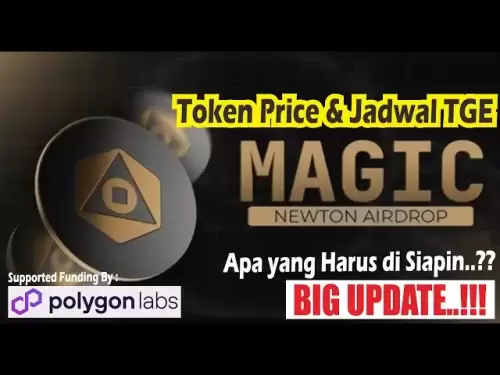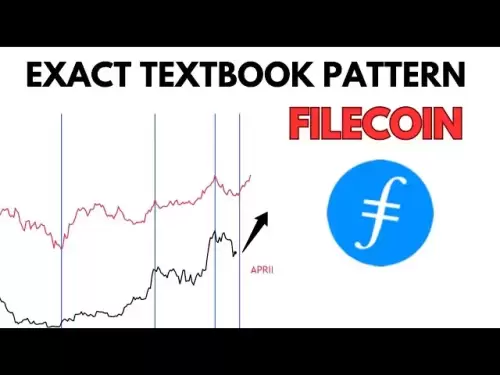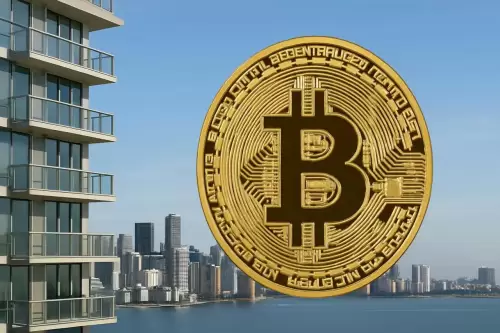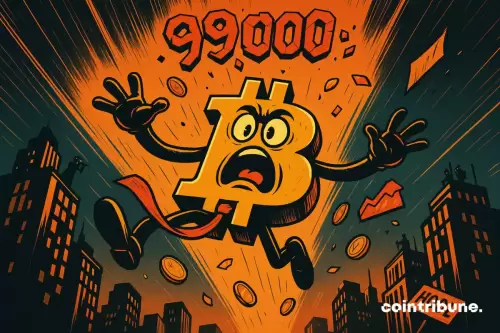 |
|
 |
|
 |
|
 |
|
 |
|
 |
|
 |
|
 |
|
 |
|
 |
|
 |
|
 |
|
 |
|
 |
|
 |
|
Cryptocurrency News Articles
Navigating Digital Token Regulations in Singapore: A MAS Deep Dive
Jun 23, 2025 at 05:00 am
Decoding MAS's digital token licensing rules and their impact on Singapore's fintech landscape. Is Singapore maintaining its position as a digital asset hub?
Singapore's evolving regulatory landscape for digital tokens, especially concerning licensing rules set by the Monetary Authority of Singapore (MAS), has sparked both innovation and apprehension. Let's break down what's happening and why it matters.
MAS's Stance on Digital Token Service Providers
MAS has clarified that Digital Token Service Providers (DTSPs) catering exclusively to overseas clients need to be licensed starting June 30th or cease operations. This impacts everything from cryptocurrencies like Bitcoin to tokenized securities like stocks and bonds. The rationale? To better oversee money laundering risks and maintain Singapore’s reputation as a well-regulated digital asset hub.
While this move aims to fortify regulatory oversight, it has stirred concerns among DTSPs. Some firms are contemplating relocating to jurisdictions with more lenient regulations, such as the UAE or Hong Kong. Reports suggest that potentially over 500 staff across Singapore's fintech ecosystem might be affected.
Clarity vs. Talent Drain: A Balancing Act
Observers and locally licensed players acknowledge that the new rules provide much-needed regulatory clarity. However, there's a looming risk of talent exodus. As Grace Chong from Drew & Napier points out, firms are seeking legal clarity on how Singapore-based roles supporting offshore activities are perceived under the new regime. This has led to discussions around legal structuring and governance.
Hannah Puganenthran from Independent Reserve Singapore notes that while the rules benefit licensed providers by leveling the playing field, applying the same stringent standards to non-fund-handling entities might be excessive and could drive valuable talent out of Singapore.
MAS's Continued Exploration of Digital Assets
Despite tightening rules on retail access, MAS continues to explore institutional adoption of digital assets. Projects like Project Orchid (digital Singapore dollar), Project Guardian (use of public blockchains), and Global Layer One (blockchain infrastructure for financial institutions) highlight this commitment.
Gerald Goh from Sygnum Singapore believes MAS's regulatory moves will strengthen Singapore's position as Asia's premier hub for institutional digital asset adoption. Gong Yefeng from HashKey OTC views these developments as foundational for sustainable growth.
JPMorgan's JPMD Token: A Sign of the Times
In a notable shift, JPMorgan is launching JPMD, a "USD deposit token" on Coinbase's Base network. This token represents deposits held at the bank and is fully backed by cash. It's a significant move, especially considering CEO Jamie Dimon's past criticisms of crypto. This action signals that even traditional financial institutions are recognizing the potential of blockchain technology and digital assets.
The launch of JPMD, along with a trademark application covering payment services and blockchain-related functions, hints at JPMorgan's broader ambitions in the digital asset space. It suggests that big banks are not just experimenting but actively seeking a seat at the crypto table.
Final Thoughts
Singapore's approach to digital token regulation is a balancing act between fostering innovation and managing risks. While some firms may seek friendlier regulatory environments, the pursuit of clarity and stability remains a priority for MAS. As JPMorgan's foray into digital tokens demonstrates, the lines between traditional finance and crypto are blurring, and the future promises to be an interesting ride.
So, buckle up, crypto enthusiasts! It seems like even the suits are starting to get in on the fun. Who knows, maybe one day your grandma will be asking you for tips on trading memecoins – powered by JPMD, of course!
Disclaimer:info@kdj.com
The information provided is not trading advice. kdj.com does not assume any responsibility for any investments made based on the information provided in this article. Cryptocurrencies are highly volatile and it is highly recommended that you invest with caution after thorough research!
If you believe that the content used on this website infringes your copyright, please contact us immediately (info@kdj.com) and we will delete it promptly.






























































